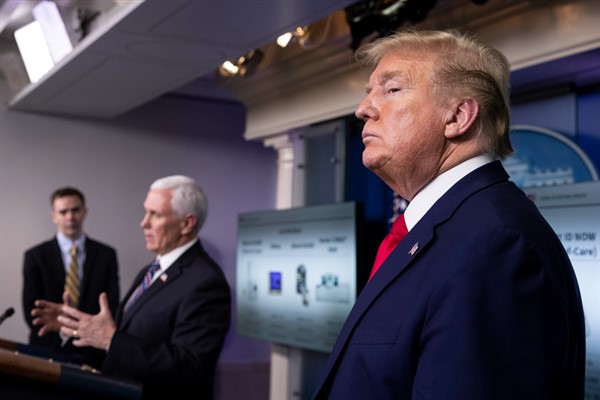As a teenager, I watched in confusion as my father, a successful chest surgeon who specialized in infant care, went back to school to gain an advanced degree in public health. This required easing himself out of a job that had always impressed me with its heroics, often literally saving a life or two each week. When my father patiently explained the rationale, I gradually came to not only accept it but admire it, for its logic and even nobility. No matter how hard he worked, in the operating room he could only help a few people each week. But in public health, he could contribute to improving the lives of large numbers of people for years and years.
In the early 1980s, my father took his new skills to West Africa, where he ran a regional program under the aegis of the World Health Organization that focused on improving primary health care delivery in 20 countries. It meant promoting measures that could prevent the spread of common diseases and building up local capacity to respond to basic health problems, including a focus on the training of many local doctors and nurses, who could sustain these capacities on their own and help them spread throughout the countryside.
The biggest funder for these activities was the United States Agency for International Development, a body that was established under President John F. Kennedy. But a lot had changed during the two decades since the Kennedy administration. My memories are still filled with recollections of dinner table conversation in which my father vented about Washington’s reluctance to commit American resources to initiatives like those of the World Health Organization, especially ones that didn’t create a physical monument that one could plant an American flag on, or didn’t guarantee supportive votes from the beneficiary countries at the United Nations.

